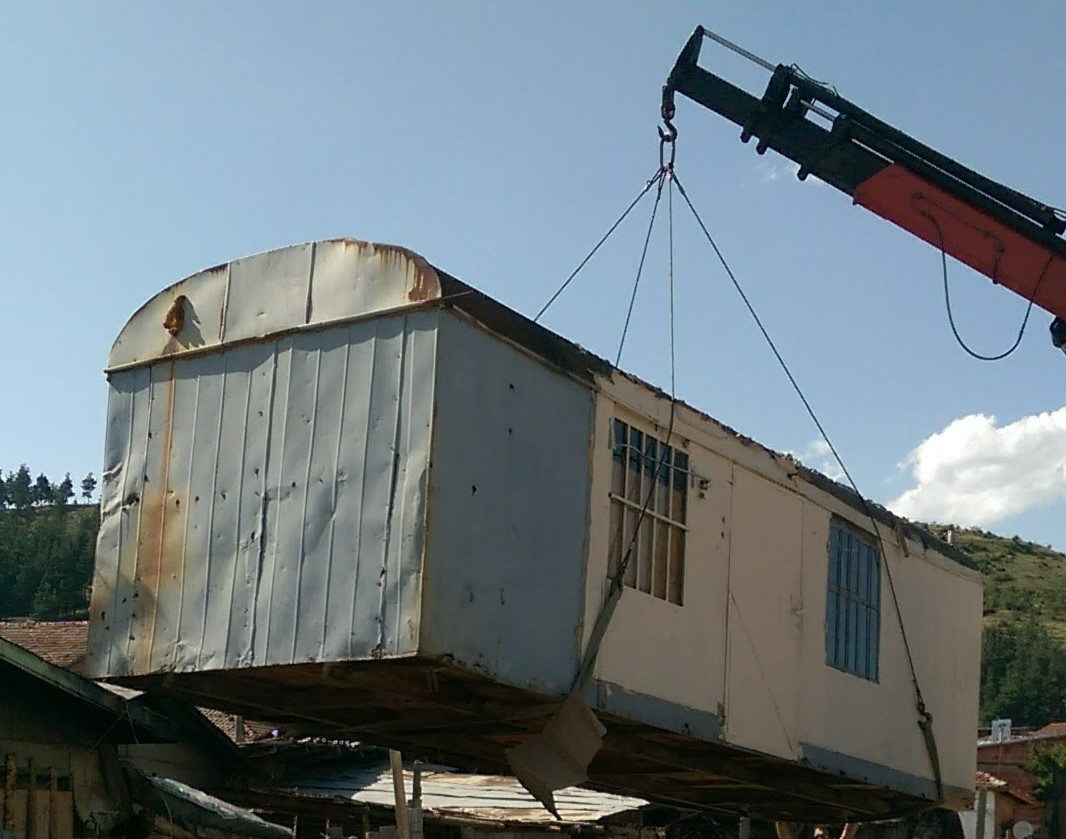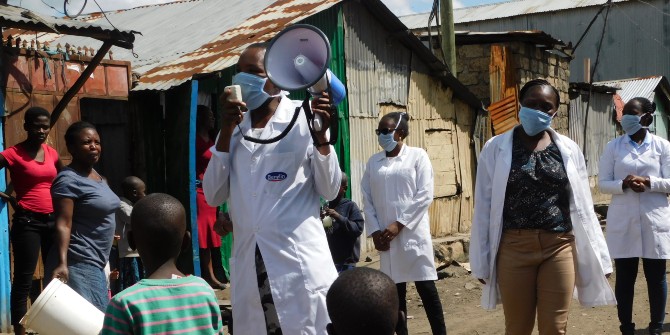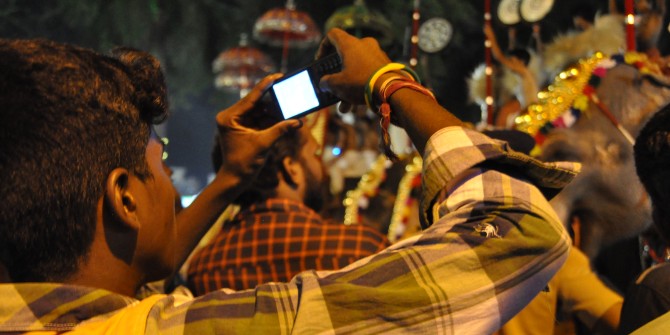Stay-at-home orders and handwashing meant little to Roma living in inadequate housing or facing eviction in Italy. Iliana Sarafian (LSE) explains why a population with little trust in the authorities was more likely to refuse the COVID vaccine.
As governments prepare for post-pandemic recovery and return to ‘normal’ life, public health initiatives have largely focused on mass vaccination campaigns. Social groups who are perceived to be vaccine ‘hesitant’, particularly members of ethnic minorities, have been seen as spreaders of disease and as impeding progress towards normality. But by designing policies that were oblivious to social differences, policymakers have taken existing structural inequalities for granted. For Roma, who are Europe’s largest ethnic minority, the effects of the pandemic cannot be properly understood without considering pre-existing inequalities.
The LSE’s ‘Ethnographies of Disengagement’ research questions public health approaches to ‘vaccine hesitancy’, and argues that ‘normal’ may not feel normal for Roma communities on the margins of political and social life. Moreover, the research challenges claims that the pandemic was a social ‘leveller’, by revealing how COVID-19 policies have become part of a historical continuum entrenching further exclusion.
Protect and punish

Research conducted with members of the Roma and Sinti communities in three Italian cities found that Roma communities tend to experience state-led public health policies, including COVID vaccination, as punitive, even when they were designed to protect them. Vaccination was often perceived as an extension of previous histories of discrimination and racialised geographical, moral, and social divisions. Respondents based their decisions on whether to be vaccinated on socio-economic circumstances. Roma are among the most disadvantaged European populations and are more likely to be evicted or live in segregated neighbourhoods. The onset of the pandemic exacerbated fragility, poverty and discrimination. In Italy, as in other European countries, lockdowns of the so-called ‘nomad camps’ entailed controlling the movement of entire Roma populations through increased police presence and securitisation. As a result, Roma employed in the informal sector had no or limited access to health and employment benefits. Although solidarity inside formal and informal camps increased — in fact becoming a lifeline — it also depleted the already limited resources available to the community. Public health messages urging people to wash their hands and stay at home were impossible to follow in settlements without drinking water and adequate housing.
‘Washing hands every time you go out or staying at home did not mean anything to those of us who live in a camp without drinking water or live in a room with all members of your family’ – Roma woman living in a camp in Rome
The provision of food, medication, and jobs became even more central to Roma under a ‘state of exception’ and emergency. However, while the state prioritised COVID vaccines, for communities experiencing long-term social harm and discrimination, poorer health and evictions, vaccination is irrelevant without a means of economic survival. The inherent contradictions of this ‘protect and punish’ approach were highlighted when vaccination campaigns took place alongside Roma camp evictions.
‘They are taking me away from the only home I have known since my childhood. I don’t trust their vaccine’ – a Roma man in Milan
Anecdotal evidence suggests that vaccine uptake has been lower among Roma communities, deeming them more likely to be ‘vaccine-hesitant’. Yet the term ‘vaccine hesitancy’ tends to put the responsibility on the individual, without taking account of the multiple social barriers contributing to vaccine resistance. Vaccine hesitancy is also often understood as the result of lower health literacy or deficit. Yet our research found that it cannot be explained solely by lower levels of health literacy or through the lens of biological and cultural deficits. Linear views of vaccine hesitancy risk further stigmatising Roma communities, instead of acknowledging the more complex factors influencing lower vaccination uptake. Indeed, viewing ‘vaccine hesitancy’ among Roma as the consequence of lower health literacy without accounting for the multiple forms of exclusion in Roma lives can reinforce prejudice, and lead to unproductive policy solutions.
Trust can be achieved only through Roma engagement and participation

We found that the Roma communities we researched trusted family and communal support networks, including health mediators and community leaders who influenced uptake of jabs. Community structures, including non-profit and faith-based organisations, were also trusted service providers, compensating for the lack of state assistance. Although vaccination was seen as ‘belonging to the non-Roma people’ due to the lack of Roma in public health roles, medical professionals were more likely to be trusted if they had an established relationship with Roma patients.
Disregarding structural inequalities while focusing on the immediacy of the crisis has proved costly for communities suffering from long term social disparities. States trying to restore normality should realise that Roma communities need to be part of the effort to build trust.
This post represents the views of the author and not those of the COVID-19 blog, nor LSE. It is the last of four posts based on the LSE’s Ethnographies of (Dis)Engagement project.






1 Comments